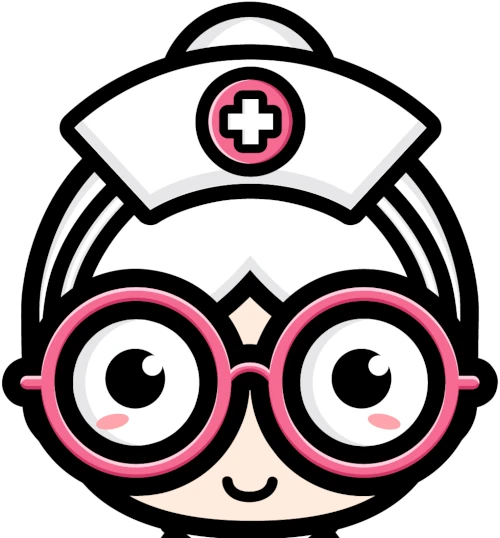Are we facing a major nursing crisis? It’s no secret that nursing is a stressful occupation. There is a shortage of nurses so nurse-patient ratios are rising. The stress of knowing that one mistake could mean your license is sometimes more than nurses can handle.
Nurses learn to keep their emotions to themselves. They work crazy hours and are often forced to stay after their shift to finish charting and ensure they’ve completed everything required for that particular day.
When emotions are suppressed, they don’t just disappear, they will surface sooner or later and with nurses, this usually means that we take it out on the ones we love.
Nurses notoriously offer advice to patients on the importance of living a healthy lifestyle, but we don’t always follow our own advice. We often don’t eat or sleep well and we ignore signals of bodily functions and frequently hold our bladders for hours because we simply don’t have time.
This level of stress can affect our ability to do our job well. We often know we’re at work, but we are just going through the motions because we are completely exhausted. This results in feelings of dread about going to work and dealing with co-workers, bosses and even patients.
A recent survey of nurses revealed that half of the nurses asked admitted they were considering leaving the nursing profession permanently. Almost half of the nurses asked said they’d been bullied by nurse managers and nearly half said their workloads had increased and they felt overwhelmed and terribly stressed.
Another aspect of the nursing shortage is the baby boomer generation. They are retiring and they’re not all being replaced because there are not enough nurses in the workforce and not nearly enough are graduating from nursing schools to care for the rising healthcare needs.
The stress nurses endure is way beyond the stress of many other occupations because nurses are dealing with people’s lives. It’s not simple burnout anymore, it’s getting to the point that nurses are quitting the profession because they can no longer deal with the stress of excess work, bullying and having your license dangled over your head if you make one mistake. Nurses are expected to be robots. The saying, “to err is human,” doesn’t include nurses. Make one medication mistake and it could kill someone or cost you your nursing license. No wonder nurses are stressed to the point of resigning and hanging up their nursing caps.
Nurses confess to being so overwhelmed that they no longer care about anything, their jobs are not rewarding any longer, instead, they can’t wait to leave at the end of their shift.
There are multiple ways to address the problem of burned out nurses. Hospitals and other healthcare employers can focus on fostering an environment that provides safe and efficient medical equipment and devices, staff adequately and allow nurses to feel comfortable to come forward and report bullying from nurse managers.
Nurse managers need to be educated about the importance of delegating, not ordering. Hospitals need to return to the “not for profit” way of operating instead of the “almighty dollar” method. It’s not beneficial to patients or nurses.
In some states, nurses have begun to negotiate the number of patients they will be willing to care for as part of their contract. More nursing organizations need to be fighting for lower nurse to patient ratios. Texas has a whopping 21 percent turner over rate for RNs. Healthcare facilities want to keep costs down yet training new nurses all the time is not exactly helping them keep their bank accounts fat.
.
Wouldn’t it be better to spend more on increasing the staff pool so nurses are less stressed and more productive? It would also lower the chance of lawsuits from mistakes made by exhausted and overworked nurses.
Most nurses choose this profession because they care about others and want a secure career. But for many new nurses, they become disillusioned when they finally enter the workforce because they can’t really care for patients adequately with so much other nonsensical red-tape to deal with all day. There is too much paperwork, we have too many patients assigned to us and this is NOT the way nursing should be.
Patients are being treated like cattle. This isn’t what most of us consider nursing. Yes, we do indeed have a nursing crisis. Unless these facilities begin to realize that hiring more nurses to allow a less stressful environment is key, then things are only going to get worse for those of us who decide to stay in this profession.
